Metaverse Gambling Guide – What Is the Metaverse?
Updated: 2025

- What Is the Metaverse?
- Metaverse Gambling and VR Gambling
- Metaverse Gambling and Decentralized Casinos
- Upcoming Metaverse Gambling Sites
- Are Decentralized Casinos Safe?
- Tips for Metaverse Gambling
- Metaverse Crypto Options
- Crypto Exchanges and Crypto Wallets
- When Will the Metaverse Become a Reality?
- Metaverse Terminology
- Metaverse Gambling FAQ
For the past few months, the Internet has been ablaze with the idea of the virtual reality world, Metaverse. Mark Zuckerberg’s proposal for the Metaverse at the tail end of 2025 left many individuals scratching their heads and sent many businesses to the drawing board in a hurry.
Fast forward a few months to present time, gambling seems to be the next big thing for the Metaverse, with decentralized casinos popping up all over the place. But what is Metaverse gaming and gambling? How does it work? Who can play?
That’s what we’re here to sort out. There’s a lot of contradicting information on the web about Metaverse gaming and virtual reality casinos, so we’ve taken the time to put into writing exactly what you need to know.
What Is the Metaverse?

The idea of the Metaverse has been around for a long time, and we’re just not seeing those ideas come into the mainstream. Science fiction authors and computer scientists have been talking about simulated realities for a long time, but it was Neal Stephenson’s 1992 book Snow Crash that really popularized these simulated realities.
Big tech took the Metaverse – which was the name of the virtual reality in Stephenson’s novel—and ran with it. Late last year, Mark Zuckerberg, the CEO of Facebook, announced that the Metaverse was his company’s next big project.
Facebook isn’t the only company in on this project either; Microsoft, Google, and many other big tech firms are funding research and development of the Metaverse.
In a nutshell, the Metaverse is meant to be an extension of our physical reality, a place where you can:
- Buy, sell, and trade goods/services
- Interact with friends and families in simulated settings
- Own virtual real estate
- Collaborate on projects with people on the other side of the world
- Gamble at Metaverse casinos
At this point, the possibilities of the Metaverse are endless. Ever since Zuckerberg announced the Metaverse project in October 2025, the Internet has been abuzz with theories and predictions about what the Metaverse will contain and how it will work.
We’re particularly interested in the Metaverse because it has the potential to take online gambling to a whole new level. With the popularization of virtual reality headsets, online gambling is bound to rival the real-life experience of walking into a casino and sitting down at a blackjack table.
Metaverse Gambling and VR Gambling: Are They the Same?
The Metaverse is still a new concept, but its foundation will be built with tech that we’re already familiar with: virtual reality.
Now, virtual reality isn’t a new concept, but it’s not necessarily accessible to everyone, so it still holds a bit of mystery for the general public.
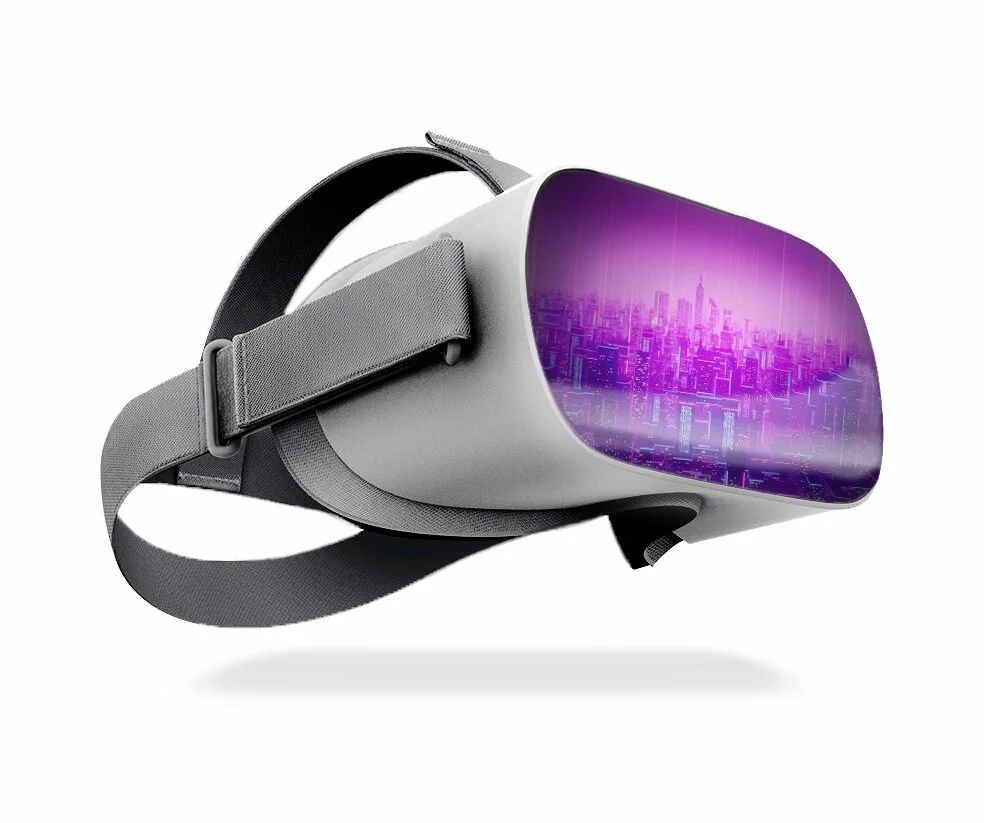
Aside from workout games like Beat Saber and horror games like Phasmophobia, VR is also quite popular in the gambling community. There are plenty of VR casinos out there – most of which aren’t yet real money casinos—that transport the player to a simulated environment meant to emulate a real-life casino.
Metaverse gambling and VR gambling aren’t that different, in theory. They will both provide simulated spaces to interact with other players and dealers, enjoy slots or table games, and make in-game purchases.
However, the difference arises with the impact of your gambling. What we mean by this is that gambling in the Metaverse will have a much larger impact on your experience.
When you leave a VR casino today, you cash out your winnings, take off your headset, and walk away. The money you won will be deposited in an account of your choice or left in the VR casino bankroll for gambling at a later time.
But, when you leave the Metaverse casinos, you have many more options. You’re not just taking off your headset and grabbing a sandwich in your kitchen. You’ll be able to virtually exit the casino into a simulated world. Imagine you play poker in GTA 5, and when you’re done, you head back to your car waiting in the street.
The Metaverse will be like that, where you have thousands of options for places to go, see, things to buy, people to connect with. The money you won in the Metaverse casino can be used to purchase virtual land, mint NFTs, or purchase items to customize your avatar.
In many ways, VR casinos represent the Metaverse in a microcosm. The contained environment of the casino functions like a little community, and the Metaverse seeks to expand on that on a much grander scale.
Metaverse Gambling and Decentralized Casinos
While we haven’t seen the fruits of Zuckerberg’s labors yet, there are plenty of places on the Internet where you can experience the first wave of Metaverse gambling. Decentralized casinos are the primary venue for Metaverse gambling, and they’re far more complex than the online gambling sites that we’re used to.
Instead of having their games controlled by random number generators, decentralized casinos place all of the computing functions – game outcomes, banking transactions, etc. – on the blockchain. The Ethereum network is the best for these kinds of applications, as it has the best support system for smart contracts, which are what run the casino.
Here’s a list of some of the decentralized casinos that are gaining popularity:
- Decentral Games
- EarnBet.io
- Edgeless.io
- Peergame
Decentral Games
This Metaverse casino is powered by $DG, and players are able to contribute to the platform by deciding on profits and voting on new games. Decentral Games is unique because you’re rewarded for playing, and not just with free comp points or something that you’d find at an online casino.
Instead, Decentral Games gives you actual DG tokens which have a monetary value and can be traded using a crypto exchange.
Decentral Games only started up in 2025, and so far, they only have a few games to choose from: poker, blackjack, roulette, slots.

Decentral Games is also closely tied to the NFT space. Their ICE Poker game is free-to-play and can actually earn you a significant amount of crypto. However, you must own an ICE Wearable to customize your avatar as a prerequisite for entry. You can purchase an ICE Wearable, or you can choose to essentially “rent” one from a player who is delegating their NFTs.
In this way, Decentral Games is a lot less user-friendly for the average casino-goer, but it presents an interesting opportunity for NFT and crypto gambling variation.
EarnBet.io
Some of you may be familiar with EarnBet.io, as it used to go by the name EOSBet.io. But, after they started accepting more crypto banking methods than just EOS, they rebranded. EarnBet.io is certainly a unique decentralized casino. They run on BET tokens, their own Ethereum variation, and they claim to pay out 100% of house profits to BET token holders every day.
It’s another earn-to-play casino, where every game you play and bet you place rewards you with BET tokens. And BET token owners are paid out dividends with eight different cryptocurrencies for life.

EarnBet offers a few different types of games, like blackjack, baccarat, and dice. They also have unique games like Golden Ticket Jackpot, Hilo, and Crash.
EarnBet is one of the only decentralized casinos that pay back dividends to their users, and they’re one of the only Metaverse-ish gambling sites to have an official license. Certified by the Curacao Gaming Commission, you can rest assured that your bets are safe and the games are fair at EarnBet.io.
Edgeless.io
Edgeless is known as the “world’s first Ethereum-powered crypto casino,” which sets them up nicely to become part of the Metaverse gambling scene. Not only are they officially licensed by the Curacao Gaming Commission, one of their core values is transparency. You’re able to see the casino’s smart contract, the live Edgeless Casino bankroll, and all the jackpot payouts since they’re stored on the blockchain.
Edgeless became popular as a cryptocurrency casino in 2018 and has since become one of the leading names in the decentralized gambling industry. Their utility token, EDG, is one of the top altcoins that uses the Ethereum blockchain and can be bet on any of their casino games.

These games include popular casino favorites like roulette, blackjack, and video poker, but their selection also features games like Dice, Treasure Hunt, Crypto Gems, and Under the Aegis.
As the Metaverse grows, we will keep looking at Edgeless to see what kind of innovations they plant to bring to the Web 3 platform.
Peergame
Peergame hosts what they call the Casino 2.0, which is the future of online gambling. Their whole site is based on the BitcoinSV system, and you have to connect a crypto wallet to make deposits—no fiat currencies allowed!
Most online casinos use random number generators to operate their slots and other games, but Peergame uses a complex hashing feature in the Bitcoin blockchain to keep their games fair. They detail the process on their website for the sake of transparency.

Using multiple different cryptocurrencies, you can play an impressive selection of casino games. Most other decentralized casinos have a limited game selection, but Peergame offers a few dozen games, including roulette, blackjack, and slots.
One of Peergame’s core goals is to help evolve the Internet to become a more crypto-centric place, and we anticipate seeing them as part of the Metaverse in the future.
Upcoming Metaverse Gambling Sites
Because the Metaverse is still a relatively new concept, not many providers have had the time to create a decentralized online casino that will integrate with the Metaverse. The aforenoted casinos are the closest we’ve come to true Metaverse gaming, but there are a few projects in the works that bring us even closer to the feeling of a simulated gaming experience.
The Sandbox Game
This decentralized platform is still underdeveloped, but so far, they’ve announced partnerships with Adidas, Atari, and Snoop Dogg. Their game will be more than just a casino but an interactive world. The pinnacle, however, will be the Sand Vegas Club Casino.
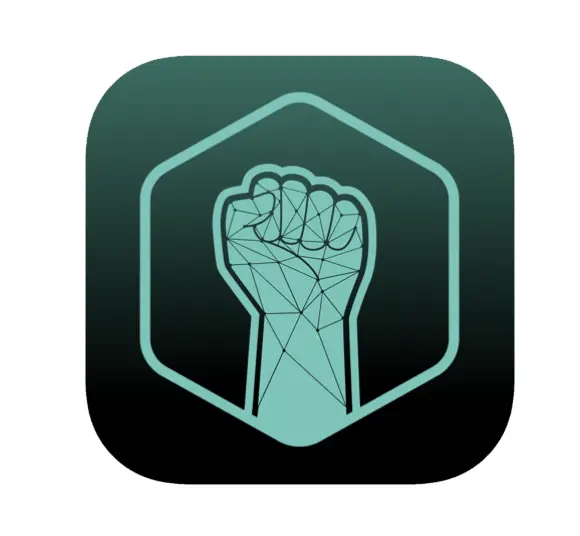
MetaHero
MetaHero claims that they will be the “gateway to the Metaverse,” and they seem to offer far more than a Metaverse gambling experience. They’re working on advanced augmented reality software that can scan your body and create an accurate avatar of you in their simulated games and universe. We’re definitely excited to see where this project goes!
Atari Casino
The retro gaming company is working on creating a simulated Metaverse world, complete with a decentralized casino that runs on $ATRI, an Ethereum token. Supposedly, when the casino opens, you’ll be able to play blackjack, poker, slots, and roulette.
Are Decentralized Casinos Safe?
Cryptocurrency is one of the safest banking options for online gamblers, namely because blockchain technology masks your identity and protects your sensitive information.
The same principle applies to decentralized casinos. Their whole system, from their banking methods to the systems behind their slots or table games, runs on the blockchain. This not only protects player information; it also hands the reins over to those same players.
In a traditional online casino environment, the casino entity decides what deposit methods you can use, and more importantly, it determines how much money you have to have in your account before you can make a withdrawal. It’s expensive for online casinos to move about so much money, and the idea of a decentralized casino is to reduce the cost to players.

To do this, they allow integrations for crypto wallets. That’s your main banking method: Coinbase wallet, Metamask, etc.
That takes away the casino’s need to monitor player accounts, dictate how much money is enough to withdraw, and limit the size of deposits. Adriaan Brink, the creator of FUN Token, a rising star in the Metaverse crypto sector, says that “decentralization at its core is about reducing the custodial element of online gaming.”
So, yes, decentralized gambling is safe. By limiting the amount of interaction the casino has with player information, users are afforded more privacy and greater security over their funds.
Tips for Metaverse Gambling
- Choose a decentralized casino that has a clear and concise whitepaper. Crypto projects publish whitepapers to give investors/users all the relevant info they need to understand how the project works, and decentralized casinos are no different.
- Sign up for a Metamask wallet. You can easily add it to your browser as an extension to make transactions at Metaverse gaming sites.
- Play games you know. Blackjack and roulette are popular virtual reality casino games that appear in both Metaverse and VR casinos. They’re simple to learn and often pay out big.
Metaverse Crypto Options
The primary way transactions will be completed in the Metaverse is with cryptocurrency. Crypto has gained a lot of popularity in the last few years, with new coins popping up every day.
Crypto does for finance what the iPhone did for the mobile phone industry. Bitcoin, Ethereum, and Litecoin provide a safer way for individuals and businesses to complete online transactions. The blockchain technology that runs each cryptocurrency is decentralized, meaning it’s not routed through any one approval chain.
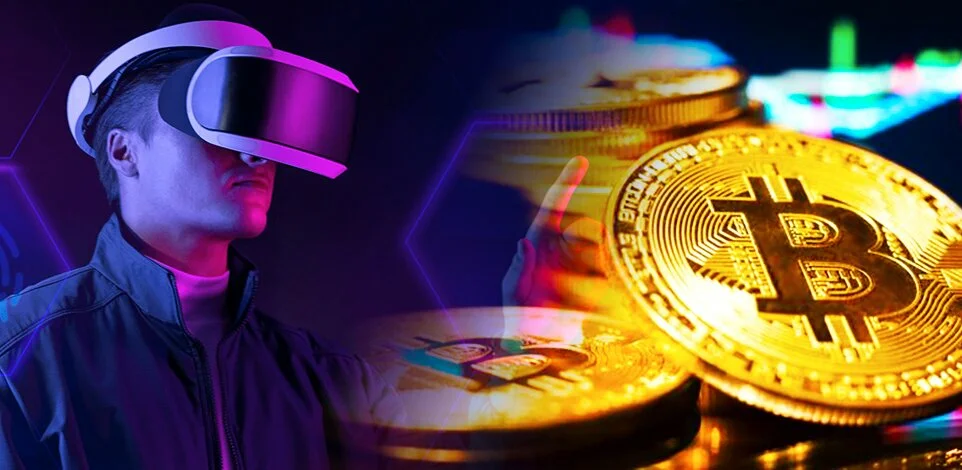
With credit cards or debit cards, whenever you make a transaction, the bank or credit union is notified of your purchase and has to approve it before your funds can be released.
Cryptocurrency cuts out the dependency on a third-party financial company by sending approval through a network of other crypto users.
As such, transactions are all recorded in a blockchain ledger, but they’re anonymous, which is ideal for online gambling.
Because of the security, speed, and ease of use, crypto is set to become the primary financial tool for the Metaverse. With a unique wallet ID, you can send or receive funds from anyone that also has a wallet. Transactions are made in a matter of minutes—sometimes even seconds—for lower fees than conventional banking methods.
Here’s a more in-depth look at the Metaverse crypto that will power this virtual economy:
Bitcoin
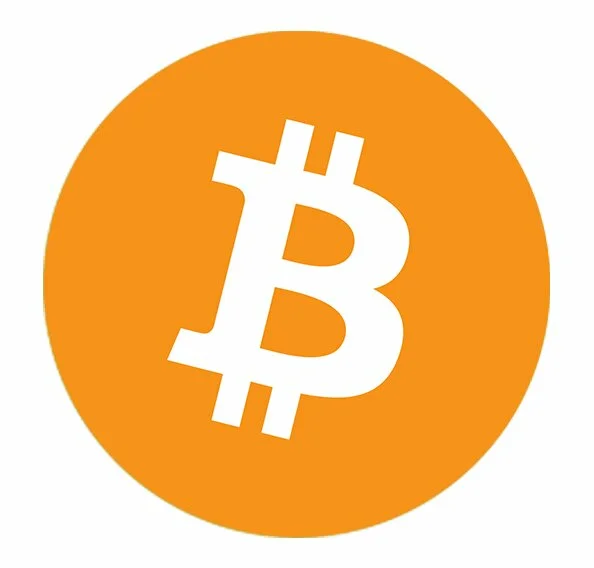
Bitcoin is by far the largest cryptocurrency on the market today. On average, there are around 265,000 Bitcoin transactions per day, and users can use it to purchase goods online, use it to finance home or car purchases and play casino games at online gambling sites.
Bitcoin is a peer-to-peer currency that operates on the blockchain, making it very secure.
While Bitcoin transaction times are much faster than those of credit/debit cards or e-Wallets, the confirmation time is still around 10 minutes, and then it might take up to an hour for your funds to appear in your crypto wallet.
Despite being so widely used, the Bitcoin network hasn’t changed much since its emergence in 2009. As such, other cryptocurrencies are able to offer much faster transaction times at a lower cost. Bitcoin mining is also far less profitable than it used to be, and the energy consumption required to mine new coins outweighs the benefit.
BitcoinCash
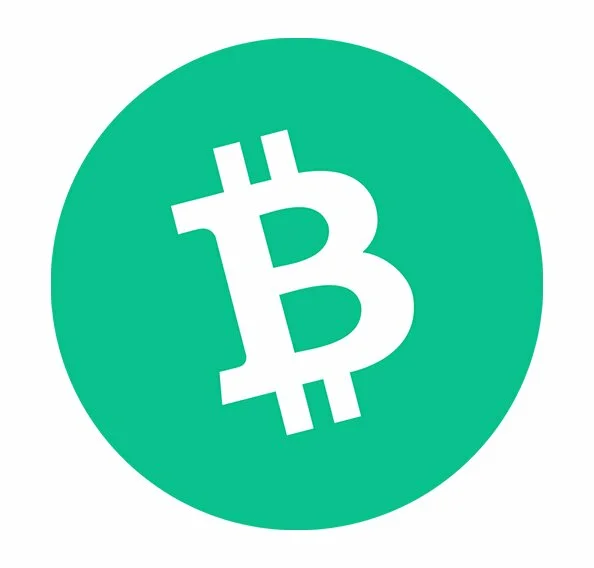
BitcoinCash is a newer cryptocurrency that is very similar to Bitcoin but runs on its own blockchain. The one main distinction between Bitcoin and BitcoinCash is the latter’s ability to process information and transactions much faster.
The creators of BitcoinCash were concerned that Bitcoin wasn’t going to be able to be appropriately scaled to become the global financial tool it was foretold to be. Part of their concerns arose from the long confirmation time and the packet size for each transaction.
To combat this problem, developers created BitcoinCash, which requires less information for transaction verification, making it much faster than its predecessor.
While transaction times will vary depending on the confirmations needed by the recipient, BitcoinCash generally takes less time than Bitcoin to clear funds, sitting somewhere between 2-10 minutes.
Even though Bitcoin is much more popular than BCH, speed will mean everything in the Metaverse, which is why we can expect to see an uptick in BitcoinCash usage in the coming years.
Ethereum
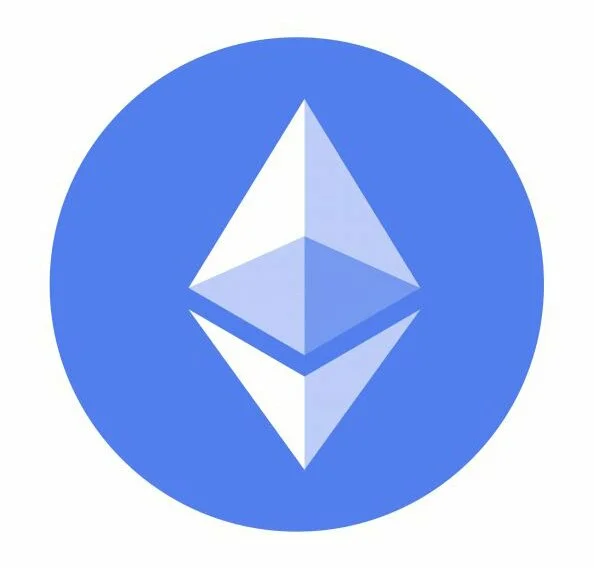
Ethereum is the second most popular cryptocurrency out there, and it has recently seen a lot of hype because it’s one of the fundamental building blocks of NFTs (non-fungible tokens).
Ethereum was created in 2015, and it runs on its own solidity protocol and operates on a proof-of-work system. Proof-of-work, in our opinion, is an outdated consensus protocol because it requires miners to compete for hash power, which consumes a lot of electricity, making it far less efficient than proof-of-stake models.
However, in 2025, the Ethereum development team is working on transferring the crypto to a proof-of-stake system, which will further reduce their energy consumption. In the past year, Ethereum has already managed to decrease its power consumption by almost 90%, and efficiency of that kind is incredibly important for the future of the Metaverse.
Litecoin
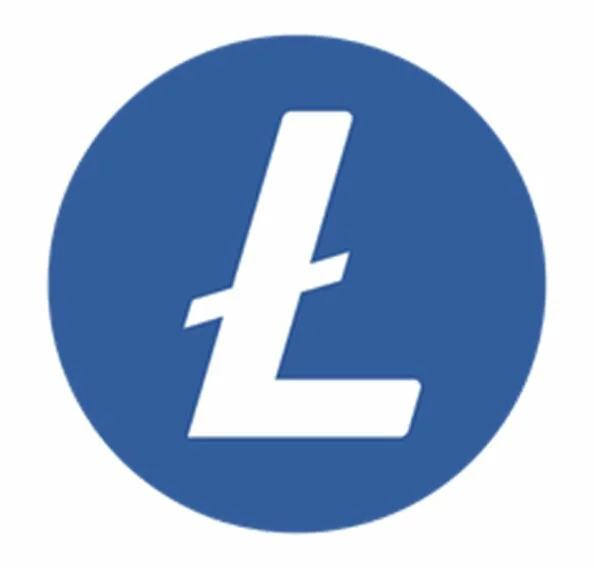
Litecoin ranks up at the top with the most popular cryptocurrencies today. Back in 2011, it was created as a response to Bitcoin’s slow transaction speeds, much like BitcoinCash.
Litecoin is able to generate new blocks in a quarter of the time it takes for Bitcoin to do so, which significantly decreases the transaction times. Not to mention, the lower threshold for verification allows Litecoin to offer a much lower transaction fee.
Where Bitcoin charges around $7 per transaction, Litecoin claims only a few cents.
Litecoin is just a Bitcoin clone, but with a more efficient verification process. For many people, the OG Bitcoin is their top choice simply because it’s the most popular and widely accepted at online casinos and other markets. But, if you’re all about refining the crypto process, using Litecoin is a reasonable first step on that journey.
Dogecoin
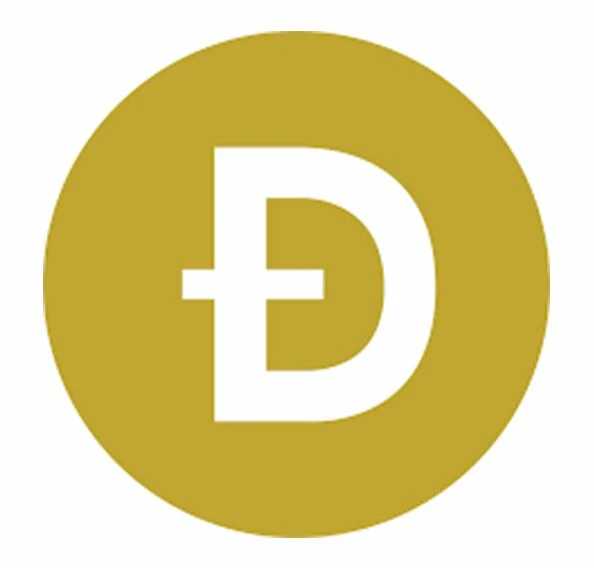
Ah, yes, Dogecoin. What started as a meme-coin and Internet joke quickly escalated to become an accepted payment method at many online venues. Software engineers Billy Markus and Jackson Palmer created the joke coin in 2013 as a response to the craze over Bitcoin, Litecoin, and other cryptos.
Only in 2025 did Dogecoin really start to take off, with celebrities like Elon Musk and Mark Cuban popularizing the coin. Powered by Reddit investors, Dogecoin’s price rose 3100% in 2025, hitting its all-time high of 30 cents in April.
Today, you can use Dogecoin to tip online content creators, exchange it for other cryptos, and purchase tickets to sports games. Plus, most importantly, you can use it to make deposits at certain online gambling sites.
When the Metaverse comes out in full swing, we expect to see a rise in the number of people using Dogecoin for Metaverse gambling and to purchase in-world items like NFTs.
The Current Value of Bitcoin


The Current Value of Litecoin

![]()
The Current Value of Ethereum

![]()
Crypto Exchanges and Crypto Wallets for Metaverse Gambling
If you’re not familiar with how crypto transactions work, no worries! Getting started with Metaverse gambling will require a few things aside from hardware equipment:
- An account at a cryptocurrency exchange
- A crypto wallet
- The crypto you want to spend
As we mentioned above, most of the Metaverse’s primary functions will run on cryptocurrency, so without it, you’ll probably just be wandering around this virtual world without much of a clue of what to do. If your primary goal is to gamble in the Metaverse, here’s a step-by-step to establishing your crypto bankroll:
Step 1

Sign up at a cryptocurrency exchange. Crypto exchanges are online marketplaces where you can buy, sell, and trade crypto for both fiat currencies and other cryptos.
Some of the most popular crypto exchanges right now are Coinbase, Gemini, and Binance. When you sign up for an account at one of these exchanges, you’ll have to provide a good deal of verification info. This might include your:
- Social security number
- Copies of your state or federal photo ID/driver’s license
- Bank account or PayPal information
- Full name
- Address
All of these requirements are to ensure the integrity of the platform. Once you’ve submitted all the necessary documents, you have to wait for verification. This can take anywhere from a few minutes to a few days, depending on the volume of people creating accounts and the accuracy of the info you provided.
Step 2:

Fund your account. Once you’ve received verification, you can then proceed to deposit funds into your crypto exchange account.
You can do this with a routing and bank account number, a credit/debit card, or PayPal. We suggest PayPal, just because it’s the fastest method.
Step 3:

Purchase crypto. Most crypto exchanges have lots of different altcoins and crypto to choose from, but if you’re planning on using it to gamble at an online or Metaverse casino, stick with one of the big three: Bitcoin, Ethereum, Litecoin. They are the most widely accepted.
Simply enter the amount of crypto you’d like to buy as either token amount or dollar amount and hit submit. The exchange will take a fee for each purchase, but it’s not very large.
Step 4:

Protect your crypto in a wallet. Crypto wallets are like virtual safes for cryptocurrency and NFT assets. They provide an enhanced level of protection for your assets and come in both software and hardware variations.
A software wallet is based online and is secured with enhanced encryption technology. Hardware wallets are more like super powerful USB sticks, and they provide advanced protection since they’re only connected to the web on a limited basis. For someone just starting out with crypto, we suggest using Metamask, or Coinbase’s integrated wallet, Coinwallet.
A crypto wallet will also provide you with a unique ID that you can use to make purchases and receive funds. This is how you’ll move crypto back and forth in the Metaverse.
Step 5:

Make Metaverse transactions. No one is exactly sure how the integration of crypto wallets and the VR Metaverse is going to work, but we assume it will be pretty simple. The complex login procedure for crypto wallets might become a problem in a VR world, as will sharing long wallet ID codes.
All we can say is we’re certain that collectible NFTs and cryptocurrency will rule how transactions are made, whether they’re for gambling or paying virtual rent.
When Will the Metaverse Become a (Virtual) Reality?
Experts say that the Metaverse won’t come to full fruition for at least another five years and won’t reach its peak until about a decade out. There’s certainly a lot of hype for the Metaverse even though its launch is far in the future.

But there are elements of the Metaverse that are available today. That’s right, you can hop into the preliminary Metaverse simulated world right now.
Late last year, Meta released an open-world simulation for their Oculus Quest headsets called Horizon World. In this virtual reality, you’re able to:
- Customize your avatar
- Play games like Arena Clash and Pixel Plummet
- Take a virtual broomstick tour over Townscity
The current features are limited, but it gives users a taste of what’s to come. But we are concerned with the synergy Zuckerberg originally proposed in October. Players with the Quest 2 are the only ones able to access Horizon Worlds right now, and there’s no word on whether players with other VR headset brands will be able to access the Metaverse.

For gamblers, Horizon Worlds doesn’t have much to offer. Thankfully, the decentralized Metaverse casinos like Decentraland and EarnBet.io are open for business from all kinds of players, regardless of headset or no headset.
We’ve already seen a huge uptick in Metaverse gambling interest, so we’re hopeful that in the future, Metaverse casinos will become even more popular.
For now, keep an eye out for upcoming projects like The Sandbox and MetaHero!
Metaverse Terminology
Altcoin
Altcoins are “alternatives” to Bitcoin. In today’s world, altcoins are often smaller less popular than Bitcoin and Ethereum. XRP and ADA are examples of altcoins.
Blockchain
A public ledger used to record all transactions across a peer-to-peer network.
Cryptocurrency Exchange
This is a place where you can both buy and sell cryptocurrencies for other digital currency or fiat currencies.
Cryptocurrency Wallet
A safe place to store your cryptocurrency and NFT assets. A wallet is also how you can complete transactions using your unique wallet ID code.
Decentraland
Decentraland is a virtual egalitarian world in which people interact and transact. All transactions are recorded on the Ethereum blockchain.
Distributed Ledger
Distributed ledgers are decentralized databases that keep records of digital transactions or events in their respective peer-to-peer networks.
Decentralized Casino
A fully-decentralized casino performs all of its operations on the blockchain. All gaming actions such as betting and paying out resulting winnings take place within the smart contracts of the Ethereum network, requiring no intermediary or centralized authority to operate.
Metamask
A crypto wallet and browser extension that allows users to access Metaverse features and complete transactions.
Non-Fungible Tokens (NFT)
Non-fungible tokens are tokens that represent unique, non-interchangeable items or assets. Each NFT is essentially a singular, virtual asset that can come in the form of art, music, an in-game collectible, or any other digital asset.
Virtual Reality Casino
Uses virtual reality technology to create an immersive gambling environment where users can interact with dealers or other players, and explore a simulated casino.







